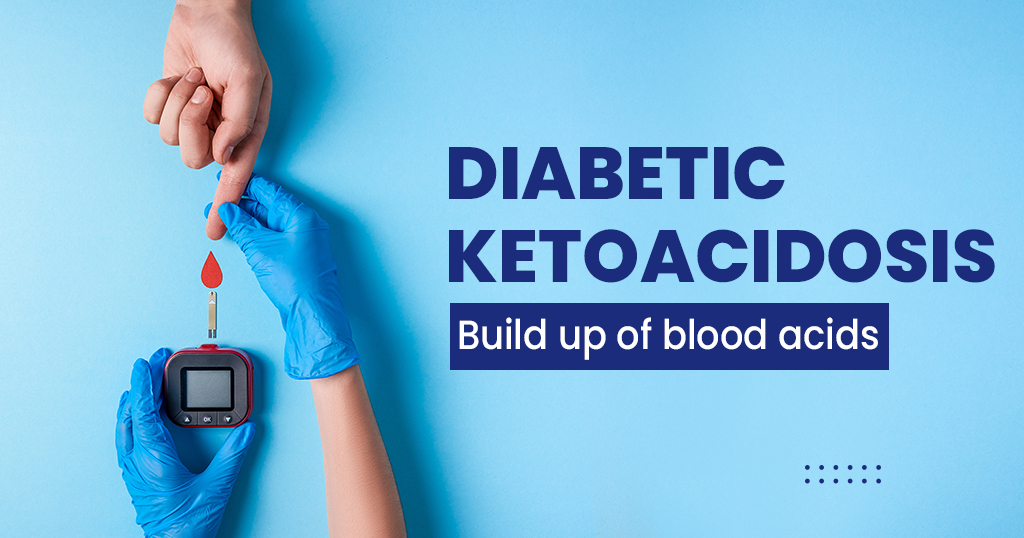Chronic Pancreatitis in Diabetes Raises the Risk for Hyperglycemia Crisis
Chronic pancreatitis is a condition characterized by inflammation and irreversible damage to the pancreas, resulting in impaired exocrine and endocrine functions. It has been increasingly recognized as a significant risk factor for the development of diabetes mellitus. Not only does chronic pancreatitis impact glucose metabolism, but it also raises the risk for hyperglycemia crisis, including diabetic ketoacidosis (DKA) and hyperosmolar hyperglycemic state (HHS). In this blog post, we will explore the relationship between chronic pancreatitis and diabetes, and how it contributes to an increased risk for hyperglycemia crises.
Understanding Chronic Pancreatitis and Diabetes
Chronic pancreatitis is characterized by ongoing inflammation, fibrosis, and progressive destruction of the pancreatic tissue. This damage can impair the production and release of insulin, leading to the development of diabetes. Chronic pancreatitis-associated diabetes differs from other types of diabetes, as it often requires exogenous insulin therapy from the onset due to the severe deficiency of insulin production.
Hyperglycemia Crisis in Chronic Pancreatitis Patients
Diabetic Ketoacidosis (DKA)
DKA is a life-threatening complication of diabetes characterized by hyperglycemia, ketosis, and metabolic acidosis. In chronic pancreatitis patients with diabetes, the risk of DKA is significantly elevated. The reduced insulin secretion and insulin resistance in chronic pancreatitis contribute to the inadequate utilization of glucose, promoting the breakdown of fats for energy production and the subsequent production of ketones.
Hyperosmolar Hyperglycemic State (HHS)
HHS is a serious condition characterized by extreme hyperglycemia and severe dehydration. It primarily affects individuals with type 2 diabetes, but chronic pancreatitis-associated diabetes can also increase the risk. The impaired insulin secretion and glucose utilization in chronic pancreatitis, combined with factors such as inadequate fluid intake, infection, or certain medications, can contribute to the development of HHS.
Factors Contributing to Hyperglycemia Crisis in Chronic Pancreatitis
Pancreatic Endocrine Dysfunction
The progressive damage to the pancreas in chronic pancreatitis affects the endocrine function, leading to inadequate insulin production and secretion. This insulin deficiency results in uncontrolled blood glucose levels, making patients more susceptible to hyperglycemia crises.
Pancreatic Exocrine Insufficiency
Chronic pancreatitis can also cause exocrine insufficiency, leading to malabsorption of nutrients and impaired digestion. This malabsorption can affect the absorption and utilization of oral antidiabetic medications, making it challenging to achieve adequate glycemic control and increasing the risk of hyperglycemia crises.
Increased Inflammatory State
Chronic inflammation within the pancreas in chronic pancreatitis can contribute to insulin resistance, exacerbating the hyperglycemic state. The chronic inflammatory response can also worsen the metabolic derangements associated with hyperglycemia crises.
Management and Prevention Strategies
Regular Monitoring and Glycemic Control
Frequent monitoring of blood glucose levels is crucial for early detection of hyperglycemia. Chronic pancreatitis patients with diabetes should work closely with healthcare providers to establish an appropriate treatment plan, which may include lifestyle modifications, oral antidiabetic medications, and exogenous insulin therapy to maintain optimal glycemic control.
Pancreatic Enzyme Replacement Therapy
For chronic pancreatitis patients with exocrine insufficiency, pancreatic enzyme replacement therapy (PERT) can help improve nutrient absorption and aid in achieving better glycemic control. Adequate pancreatic enzyme supplementation allows for better digestion and absorption of food, facilitating optimal utilization of antidiabetic medications.
Addressing Underlying Causes and Risk Factors
Effective management of chronic pancreatitis includes addressing the underlying causes and risk factors, such as alcohol consumption or gallstone disease. Treating the root cause can slow down the progression of pancreatitis and potentially reduce the risk of associated diabetes and hyperglycemia crises.
Chronic pancreatitis significantly increases the risk of hyperglycemia crises, including diabetic ketoacidosis and hyperosmolar hyperglycemic state. The impaired endocrine and exocrine functions of the pancreas, along with the inflammatory state, contribute to the pathogenesis of these crises in chronic pancreatitis patients with diabetes. Early detection, regular monitoring, and appropriate management of blood glucose levels are essential in preventing and mitigating the risks associated with hyperglycemia crises in this population. Collaborative efforts between healthcare providers and patients are crucial to effectively manage diabetes and reduce the incidence of hyperglycemia crises in chronic pancreatitis patients.













